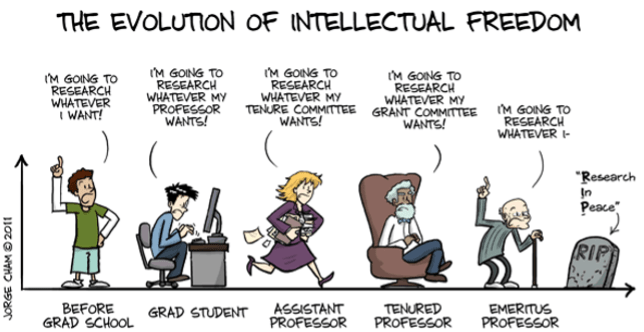
#EveryLittle Action Counts Week 5: What makes you laugh?
This week is dedicated to humour in academia. “When it comes to relieving stress, more giggles and guffaws are just what the doctor ordered” (Mayo Clinic, 2024) and there are various benefits (such as stress relief, fostering social bonds, or improved immune system) So, let’s make our daily struggles (e.g., stress, long working hours) and heavy burden of responsibilities easier by cultivating humour in our daily lives and academic cultures. There are many ways to lighten-up yourself and others 😊:
“When you’re chewing on life’s gristle
Don’t grumble, give a whistle
And this’ll help things turn out for the best…
And…always look on the bright side of life…
Always look on the bright side of life.”
– Eric Idle
Monty Python’s Life of Brian
Teaching and Learning
Humour can support students’ learning because engaging them in a relaxed, fun environment reduces their stress and anxiety. That does not mean that you have to crack jokes. Joking may be difficult for some of us and is easily misunderstood across cultures.
You can simply start your session with a smile and a kind word or a funny quotation. Or you could start with fun music or a video clip, ideally something related to your teaching content. Laugh with your students when talking with them about their interests and experiences.
If you supervise and/or teach PhD students, check out Christa’s blog posts on PGRs’ well-being that have PhD jokes integrated in them: https://christasathish.com/category/research-blog/supporting-pgrs-research-blog/phd-wellness/
Research
Writing and research can be so much fun, but we all reach the lows now and then. That’s when exploring the Improbable Research Website can be of great value! It is all about “research that makes people laugh and then think”. The research methods and contributions featured on this page are guaranteed to make you laugh.
It is a fun place to switch off and appreciate the variety of perspectives, people, and ways of writing and research. This is what makes academia a wonderful joyful place: from rigorous, ‘probable’ research to the improbable: https://improbable.com/
We would be very happy to learn what makes you smile in academia and how you integrate humour into your professional environment.
Anne-Wil Harzing & Christa Sathish.

